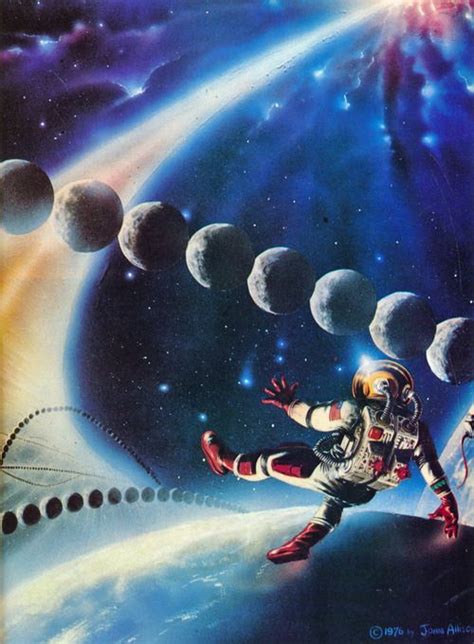A Quote by Tom Rachman
The strength of fiction is not in reading about yourself, but in reading about other people.
Related Quotes
Reading with an eye towards metaphor allows us to become the person we’re reading about, while reading about them. That’s why there is symbols in books and why your English teacher deserves your attention. Ultimately, it doesn’t matter if the author intended the symbol to be there because the job of reading is not to understand the author’s intent. The job of reading is to use stories as a way into seeing other people as a we ourselves.
I've learned mainly by reading myself. So I don't think I have any original ideas. Certainly, I talk about reading Graham. I've read Phil Fisher. So I've gotten a lot of my ideas from reading. You can learn a lot from other people. In fact, I think if you learn basically from other people, you don't have to get too many new ideas on your own. You can just apply the best of what you see.
My personal view is that reading has to be balanced. Obviously, there's a certain amount of reading that we have to do academically to continue to learn and to grow, but it's got to be balanced with fun and with elective reading. Whether that's comic books or Jane Austen, if it makes you excited about reading, that's what matters.
We ought not to confine ourselves either to writing or to reading; the one, continuous writing, will cast a gloom over our strength, and exhaust it; the other will make our strength flabby and watery. It is better to have recourse to them alternately, and to blend one with the other, so that the fruits of one's reading may be reduced to concrete form by the pen.







































